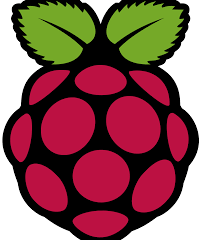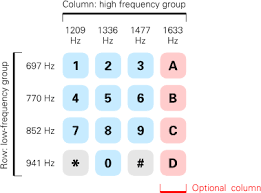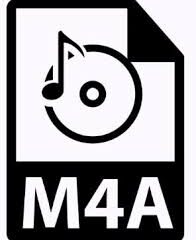Arduino Emulator: Major Architecture Improvements and Raspberry Pi Support
October 2025 I’m excited to share some significant updates to the Arduino Emulator project that make it more robust, easier to use, and better aligned with official Arduino standards. These changes represent a major step forward in cross-platform Arduino development. 🔄 Arduino Core as Official Submodule The most significant architectural change is migrating to the official Arduino Core API as a git submodule. Previously, we maintained our own fork of the Arduino Core, but now Read more





